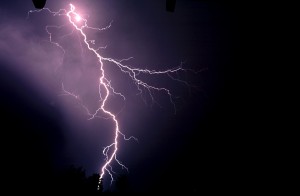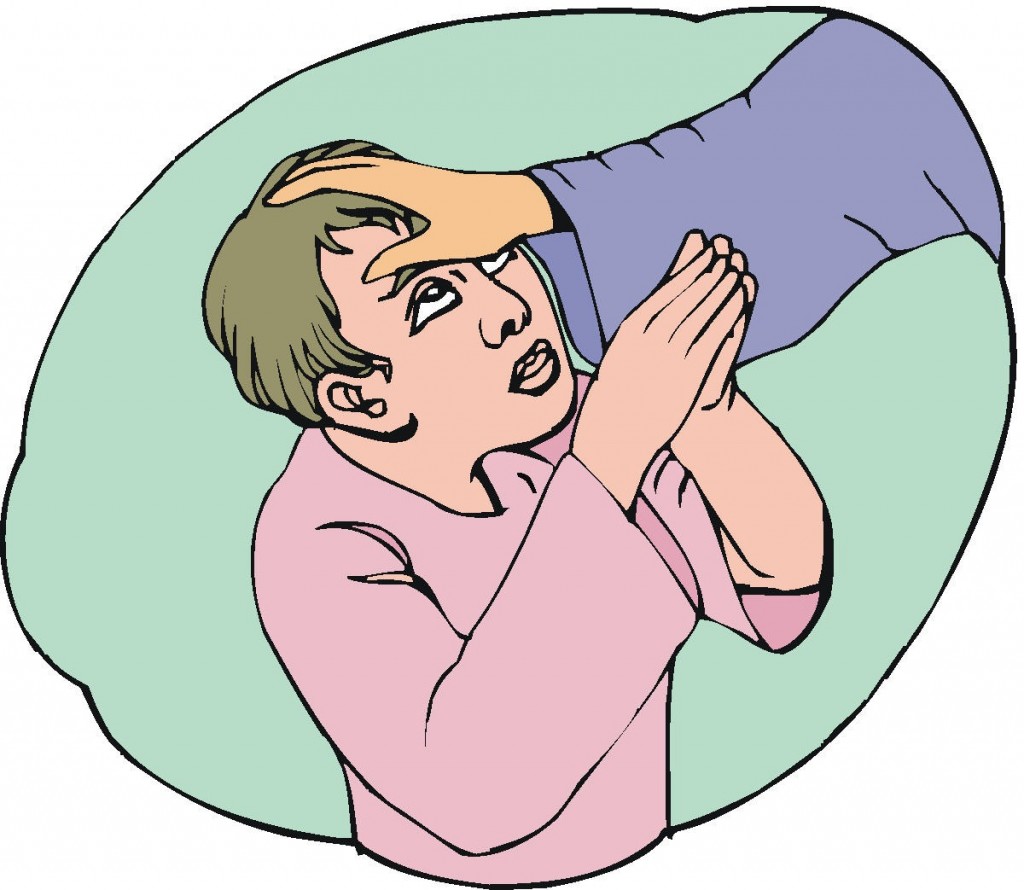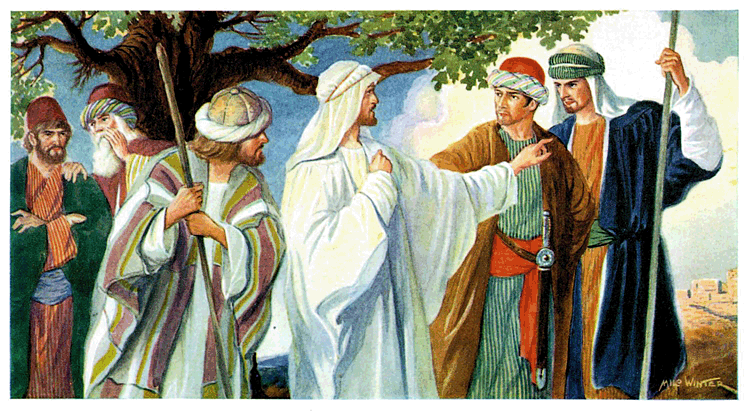(Continued from Part 1)
The Letter Kills, But the Spirit Makes Alive
Demoting the Torah to merely a set of do’s and don’ts not only eviscerates, but it misses the heart of our Heavenly Father, the spirit of the Torah — the higher Torah. The letter of the law kills, but the Spirit of the law brings life. The letter by itself brings bondage and legalism. It can even become burdensome and grievous as the pro-Torah apostolic writers inform us.

Who also hath made us able ministers of the new testament; not of the letter, but of the spirit: for the letter killeth, but the spirit giveth life. (2 Cor 3:6)
For this is the love of Elohim, that we keep his commandments: and his commandments are not grievous/heavy or burdensome. (1 John 5:3)
Love, Not Law-Keeping, Is What Attracts
Yeshua gives us a clue about some aspects of the higher Torah when he told his disciples that men would know they were his not because they kept the Torah scrupulously to the letter, but because they walked in love for one another.
By this shall all men know that ye are my disciples, if ye have love one to another. (John 13:35)
Paul also taught that love was the greater thing in 1 Corinthians 13. Love is above all knowledge (including Torah), and all prophecy (inspired teaching of Torah).
The Higher Torah Is About Relationship
The higher Torah is not about bondage; it is about bonding. It is about relationship. Yeshua summed up the Torah as follows:
And one of the scribes came, and having heard them reasoning together, and perceiving that he had answered them well, asked him, Which is the first commandment of all? And Jesus answered him, The first of all the commandments is, Hear, O Israel; YHVH our Elohim is one YHVH: And thou shalt love YHVH thy Elohim with all thy heart, and with all thy soul, and with all thy mind, and with all thy strength: this is the first commandment. And the second is like, namely this, Thou shalt love thy neighbour as thyself. There is none other commandment greater than these. And the scribe said unto him, Well, Master, thou hast said the truth: for there is one Elohim; and there is none other but he: And to love him with all the heart, and with all the understanding, and with all the soul, and with all the strength, and to love his neighbour as himself, is more than all whole burnt offerings and sacrifices. And when Yeshua saw that he answered discreetly, he said unto him, Thou art not far from the kingdom of Elohim. And no man after that durst ask him any question. (Mark 12:28–34)
The higher Torah is about love, mercy, and faith, which are the weightier matters of the law! It is about building relationships and about bonding with your fellow man and Elohim! We can’t be bonding in love if we are constantly walking in offence, maintaining a critical spirit toward others, judging others, are religious exclusivists, or are arrogant toward those who do not believe or act as we do whether they be Christians, or even non-Christians. Rather, we must love everyone, and by actively demonstrating that love, we show those around us the way to a higher walk or relationship Continue reading →







